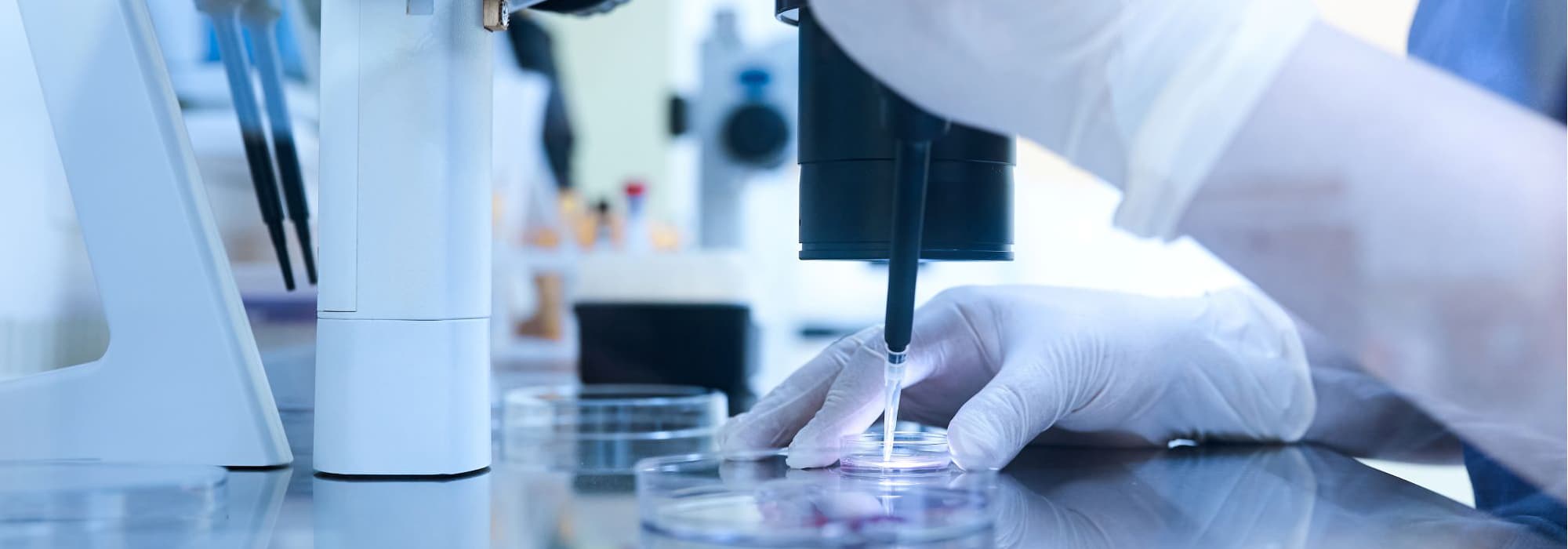HOUSTON, TX, December 16th, 2022 – Infertility is a growing problem worldwide. Most infertility cases are resolved conservatively, while some require In Vitro Fertilization (IVF). The most frustrating problem in IVF is poor egg quality. It is suspected when embryos fail to develop normally in the petri dish. There are no tests to predict it, and once diagnosed, the only solution becomes egg donation, which for some patients is challenging to accept.
Sandy Yamagishi (not her real name) was 37 years old when she had two unsuccessful IVF attempts, first in her native Japan and then in the United States. Both times she had a good number of eggs retrieved, and their fertilization was as expected, but embryos did not develop. Sandy was told that her best option was using donor eggs from a donor, which she was not ready to consider.
She reached out for help to Michael Allon, MD, the president of the Advanced Fertility Center of Texas (AFCT), an IVF clinic in Houston. Dr. Allon is a very experienced and successful reproductive endocrinologist. Together with his IVF coordinator Beata Tralik, Ph.D., they are known to successfully tackle some of the most challenging infertility cases with IVF. To help Sandy, they used the Term StimTM, an approach proposed about two years ago by Dmitri Dozortsev, Ph.D., one of the preeminent experts in human reproductive physiology and a Scientific Director of AFCT. Two years ago, Dr. Dozortsev co-authored an editorial for the leading infertility journal, Fertility and Sterility, proposing that poor egg quality is linked to the shortening of the so-called “follicular phase” of the menstrual cycle. In that publication, he identified an approach to extend ovarian stimulation to improve egg quality. He proposed that just like a child to be born healthy must develop in the uterus for nine months, the egg must develop within the follicle for about 17 days to ovulate or “be born” competent. Since birth at nine months is called – term, the ovarian stimulation that extends the follicular phase to the duration of a natural follicular phase was named “Term Ovarian Stimulation” or Term StimTM for short.
During conventional IVF, the physician administers fertility medication until the patient’s largest follicle reaches the right size for harvesting eggs. According to the Term StimTM approach, the follicle size is not essential. Instead, the physician targets a specific duration of ovarian stimulation extending the time for a follicle to exist until the egg inside accumulates optimal strength for development after fertilization. To extend the time for egg maturation, the physician uses smaller amounts of fertility medications and sometimes one of several non-steroid anti-inflammatory medications, some of which are available without a prescription (i.e., Ibuprofen).
After Term StimTM, Sandy, for the first time, had normally developing embryos. They are currently frozen, and she is waiting for an embryo transfer. Sandy is only one of many patients who benefit from Term StimTM, including some rather desperate cases. “Our pregnancy rates this year nearly doubled in older patients, largely thanks to Term StimTM. Not even mentioning that I can offer my patients, particularly those that are older, this new option before discussing donor eggs,” says Dr. Michael Allon. - “Term StimTM” requires more physician’s attention, but the outcome is worth it.”
Term StimTM is one of several patent-pending technologies developed by Dr. Dozortsev and licensed by Repronova LLC (Houston, TX). In addition to AFCT, Term StimTM has also been currently licensed to CITMER, in Mexico City, Mexico, which also reports excellent results with this technique.

